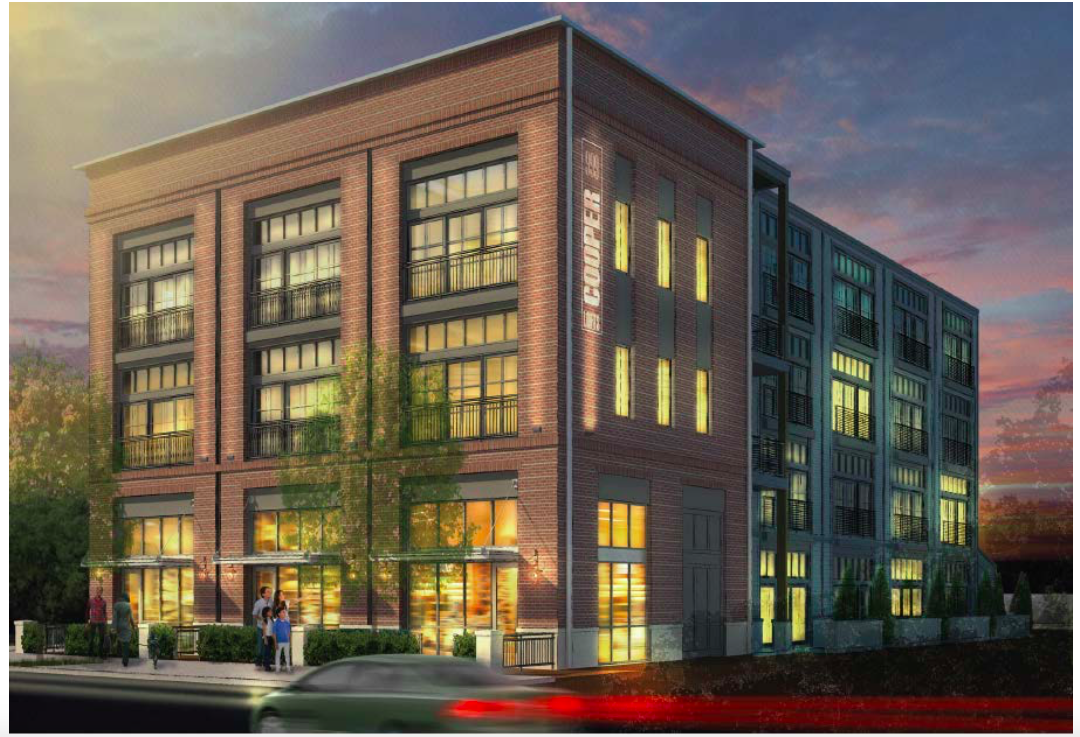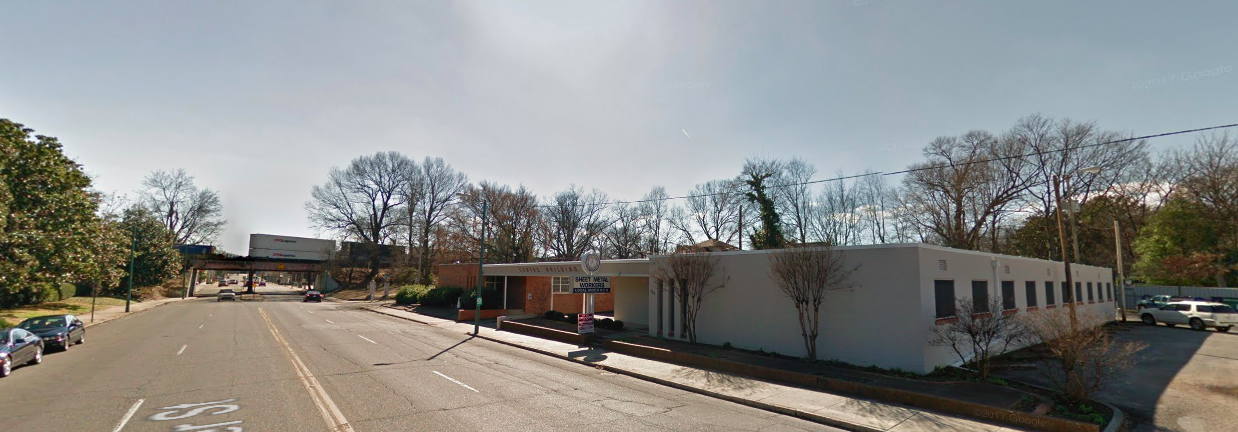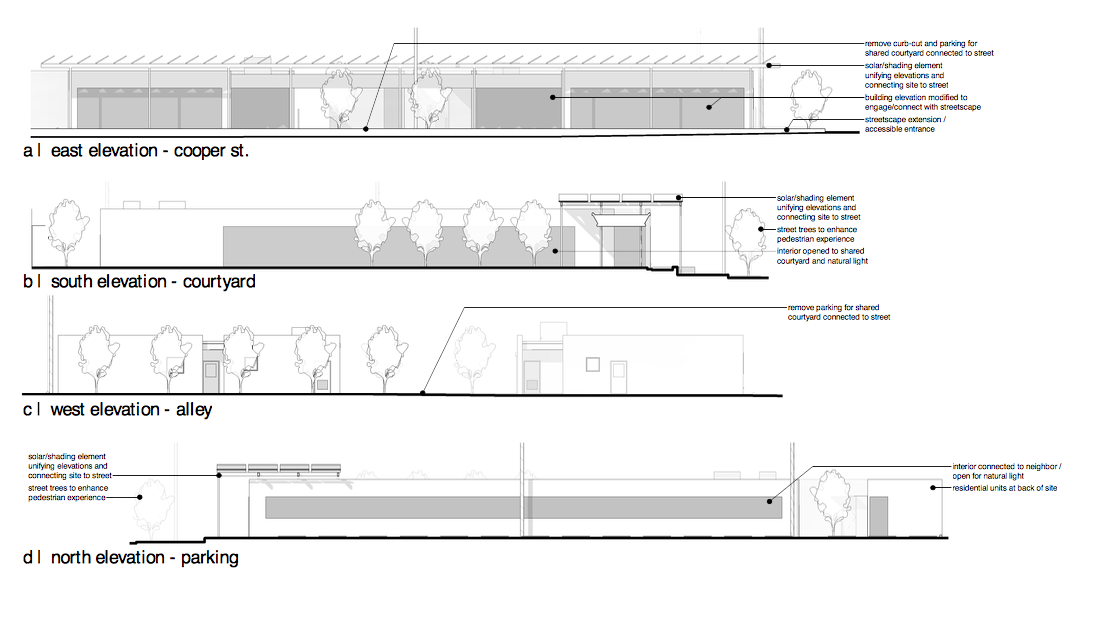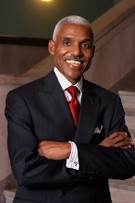The public musings of the Shelby County Commission add up at times to as accurate a bellwether on issues at large as can be found in these parts, and that applies to state and national subjects as well as purely local ones. By definition, the commission represents a larger and more representative hunk of the population than does, say, the Memphis City Council, and, though the body is by no means exclusively partisan in its outlook, the fact that its membership is elected by political party gives it natural polarities on a number of matters.
Four matters taken up by the commission at Monday’s public meeting illustrate the range. The first, sponsored by Commissioner Tami Sawyer, well known as a Democrat from her party’s progressive wing, was a resolution “to prohibit the naming of any Shelby County property after U.S. President Donald John Trump, the 45th President of the United States.”

Tami Sawyer
Clearly occasioned by public outrage and confusion stemming from the catastrophic endgame of Trump’s presidency, the resolution garnered the seven votes necessary for passage, all from Democratic members: Sawyer, Van Turner, Mickell Lowery, Willie Brooks, Edmund Ford, Michael Whaley, and chairman Eddie Jones. Three Republicans — Mick Wright, David Bradford, and Brandon Morrison — and Democrat Reginald Milton abstained. Two Republicans, Amber Mills and Mark Billingsley, cast outright “no” votes.
A companion measure of sorts, coming late in the day, was a resolution “in support of preserving our Republic and condemning the insurrection that took place at the United States Capitol on January 6, 2021.” That one, sponsored by Wright and Milton, garnered 12 “aye” votes across the board but got a single abstention from Morrison.
In between those two resolutions was a pair of hot-button votes. One was a substitute resolution for one introduced back in the summer by Sawyer designed to curtail the potential acquisition of military-grade materials from federal sources by the Sheriff’s Department. Co-sponsored by Turner and Milton, the revised version acknowledged the fact that current Sheriff Lloyd Bonner desired no such weaponry but gives the Sheriff’s Department and the Office of Emergency Management and Homeland Security the option, via commission approval, to acquire protective equipment such as bulletproof vests, as well as rescue vehicles in case of emergencies.
The original resolution had drawn fire from several members as being what they saw as an unwarranted attack on the character of the sheriff. On Monday, Sawyer addressed those reservations: “You know, why do we need police reform? Sheriff Bonner’s a great guy. … But in 2020, across the country, and right here in Shelby County, we recognize a pandemic of racial injustice that was almost as deadly as COVID-19 that impacts the lives of Black and brown people every day.”
The ultimate vote on that one was 10-3, with Commissioners Billingsley, Mills, and Morrison remaining unmollified.
The other resolution incurring extended debate was also sponsored by Sawyer. It proposed a 180-day moratorium on the issuance of any new PILOT (payment-in-lieu-of-taxes) grants by any of the eight authorities in the county able to issue PILOTs.
These tax-abatement grants, which by definition limit property-tax revenues in the interests of industrial recruitment, have long been controversial, as Sawyer noted, denouncing “the organizations that come and promise 1,000 jobs and never offer more than 300, organizations that pay no taxes, recipients whose workforces are 75 percent temporary workers with no healthcare, and no childcare. And then they close when they’re pushed to do anything else. Why don’t these corporations have to invest in the community?”
Ultimately, the PILOT resolution was recast as a proposal to join with the city of Memphis in a task force to study the implications of PILOTs and to consider possible changes in policy. County Mayor Lee Harris supported that proposition, saying, “I am all for trying to figure out how we might reform the system. … It’s probably a good idea to not try to tee up too many questions. But instead, we try as best we can to narrow our scope to what we might be able to handle. So I would try to narrow the scope to bite-sized amounts.” With that understanding, the proposal was referred back to committee for further shaping.
 Center City Finance Revenue Corp.
Center City Finance Revenue Corp.  Google Maps
Google Maps  Center City Finance Corp.
Center City Finance Corp. 
